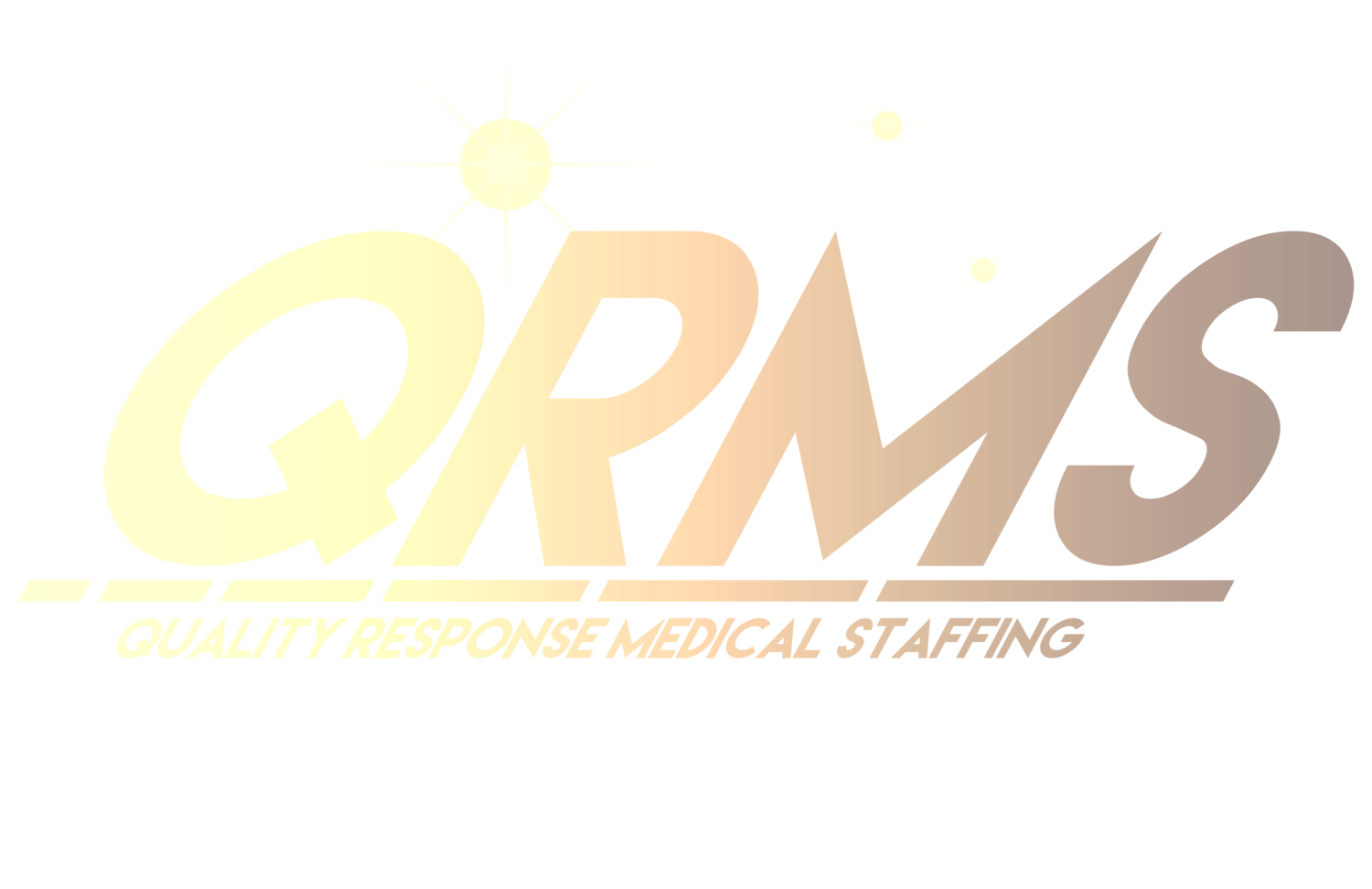The Power of Preventive Health
In a world where medical technology advances at lightning speed, it’s easy to think that cures and treatments will always be there when we need them. Yet, the most effective “medicine” is often prevention. Preventive health—making choices today that protect our well-being tomorrow—can dramatically reduce the risk of chronic illnesses like heart disease, diabetes, and certain cancers.
Why Prevention Matters
According to the World Health Organization, up to 80% of premature heart disease, strokes, and type 2 diabetes cases are preventable through lifestyle changes. Prevention not only saves lives but also reduces healthcare costs and improves quality of life.
Key Pillars of Preventive Health
Balanced Nutrition
Choose a diet rich in vegetables, fruits, lean proteins, and whole grains. Limit added sugars, refined carbs, and processed foods to maintain stable energy and support your immune system.Regular Physical Activity
Aim for at least 150 minutes of moderate exercise per week. Even brisk walks or short strength sessions improve cardiovascular health and mental well-being.Routine Checkups & Screenings
Annual physicals, blood pressure checks, and age-appropriate screenings (like mammograms or colonoscopies) help detect issues early, when they’re most treatable.Stress Management
Chronic stress can disrupt hormones, weaken immunity, and elevate blood pressure. Practices like mindfulness meditation, yoga, or simply spending time in nature can lower stress levels.Sleep Hygiene
Adults need 7–9 hours of quality sleep each night. Good sleep supports memory, metabolism, and emotional resilience.
Takeaway
Prevention doesn’t mean drastic change overnight. Start small: add an extra serving of vegetables to dinner, take a 10-minute walk after lunch, or set a regular bedtime. Consistency, not perfection, leads to long-term success.

